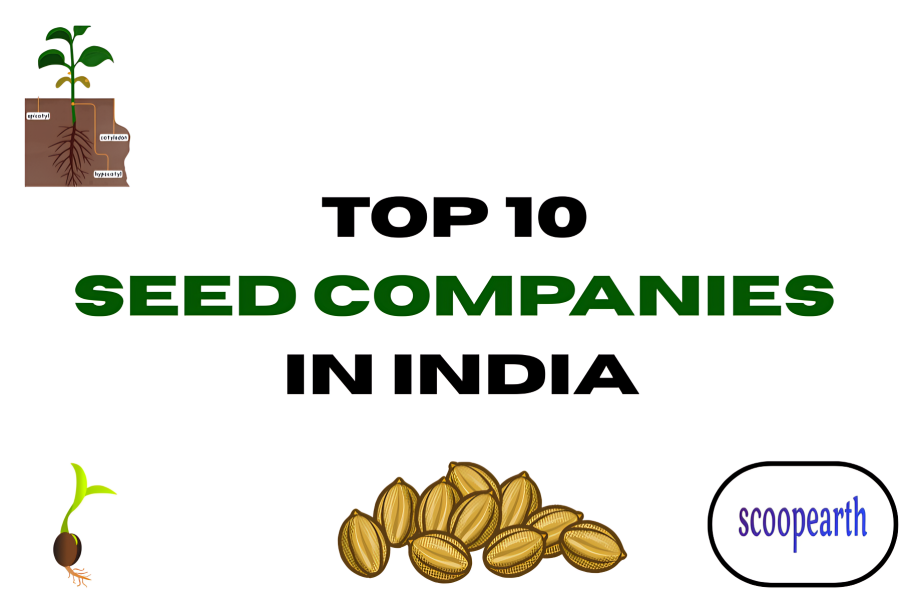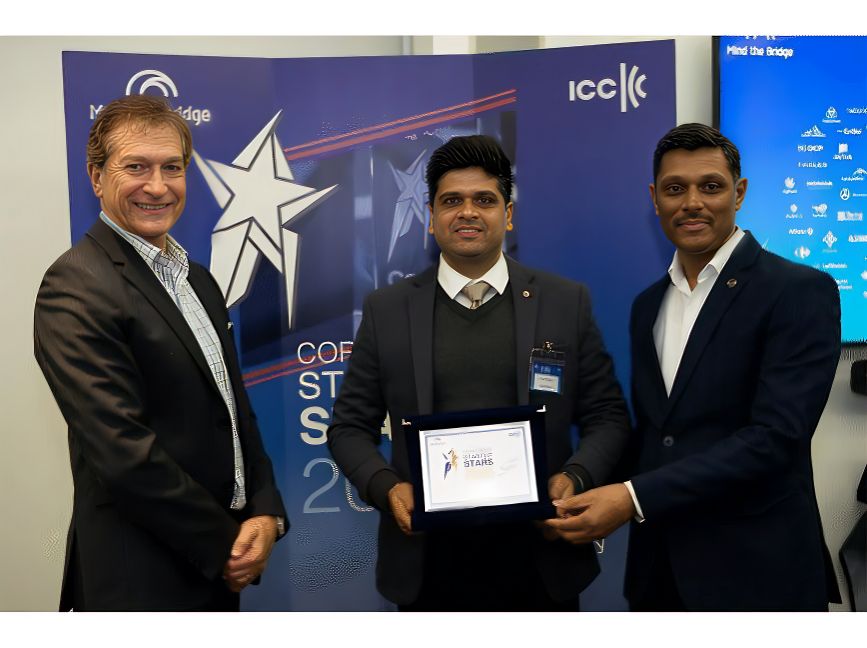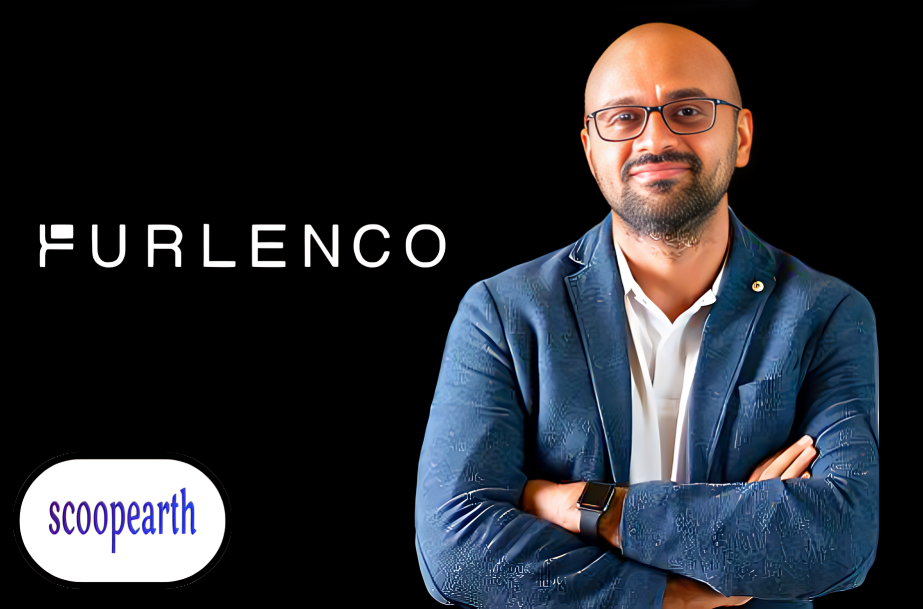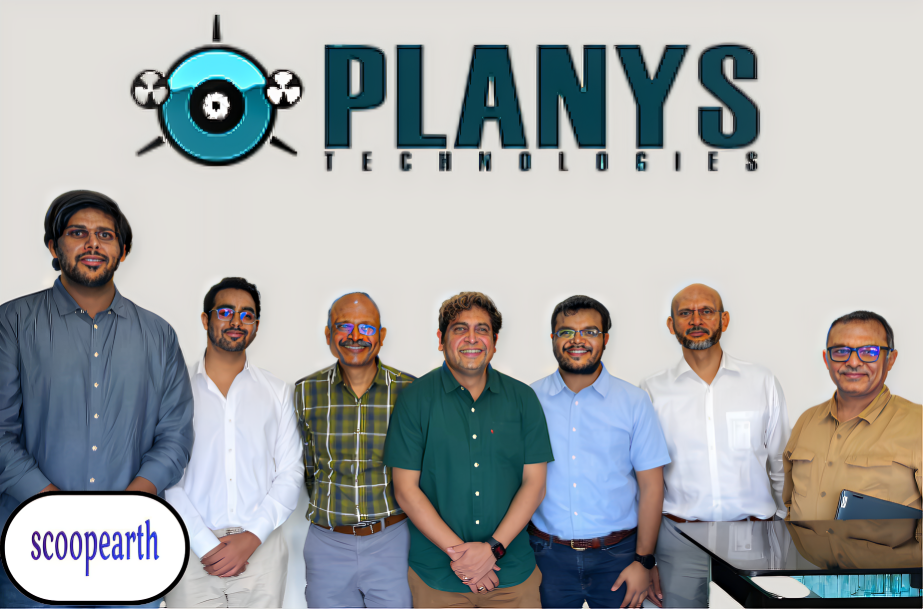Eeki Foods: From Startup to National Brand

SUMMARY
Introduction:
In an industry like agriculture, where traditional farming struggles with bad weather conditions and water shortage, an Agri-tech startup, Eeki Foods, is disrupting the existing ecosystem. Founded in 2018, it aims to change the way we grow and consume fresh vegetables. The company began as a small experiment and has since grown to become a national brand.
The company delivers an all-natural, locally grown food to homes throughout the Indian states. This journey of Eeki Foods highlights how a small startup with big ideas can overcome struggles to make a significant impact. Eeki can solve real-world problems like hunger, malnutrition, and climate change. In this article, we’ll learn about how Eeki Foods went from being a small startup to a national brand.
The idea and brain behind the startup
Abhay Singh (CEO) and Amit Kumar (COO) co-founded Eeki Foods to solve the problems surrounding agriculture. They met while pursuing Master’s degrees in Materials Science from the Indian Institute of Technology (IIT) Bombay in 2014. Amit is also an expert in ceramics and composites. Both of them were active in robotics and automation competitions at IIT.
Their idea about Eeki Foods began when they found the flaw in traditional farming methods. They realized a gap in the Indian agriculture industry and took the opportunity to confront these challenges by creating their own startup. After finding the gap in the agricultural industry, they began to do basic research on farming techniques; after some time, they were able to come up with a unique idea to grow vegetables that did not require soil or too much water, or perfect weather.
They developed a technology that provides fresh and healthy vegetables even in a harsh climate. They called their company “Eeki” a play on “Ikigai,” a Japanese term for finding purpose in life. For Abhay and Amit, that mission meant making healthy food available to anyone, regardless of price or location.
Overcoming early challenges:
Similar to most startups, Eeki Foods also faced many challenges in its early days. Starting an agriculture business is not an easy task, especially when introducing a completely new technology. Eeki Foods had limited funds, which were insufficient to build a new system from scratch. The process takes years of research and trial.
Amid the COVID-19 pandemic, the power failure destroyed the entire crop, and the company ran into a huge loss. The team got around that by adding solar panels. The firm created a cheaper version, testing its concepts in a small setup. Scaling the business was another hurdle, as unlike software startups that scale quickly, agri-tech startups need months to set up farms before generating revenue.
Convincing investors to invest in the new startup was challenging, especially in a market dominated by SaaS and fintech startups. Apart from investors, convincing people to use new technology was another hurdle. Everyone, from farmers to investors, was skeptical about the new technology used to grow residue-free vegetables without soil.
There were also local climate problems; heat and water shortages were making farming difficult. The company was officially registered and accepted venture funding in 2018, marking a big milestone in their company’s growth.
How does it impact the Indian ecosystem?
Eeki Food is transforming India’s agricultural scenario by solving some vital problems like water scarcity and uncertain weather patterns. The startup uses a technology to reduce water requirements by 80 percent, playing a major role in a water-scarce state like Rajasthan. The company also promotes a healthier produce while reducing environmental pollution by growing chemical-free vegetables.
The agritech firm also creates social impact and empowers gender inclusion by employing over 80 percent rural women. It generates income for landowners and provides employment opportunities while boosting India’s economy. Eeki’s cloud-based platform monitors crop health and optimizes resources while setting a new standard for precision agriculture in the country. Eeki’s model is a testament to how a startup can build a business that benefits both the people it employs as well as society.
Achievements and Recognition
The journey of Eeki Foods from regional startup to a national brand was only possible because of some of its strategic decisions and growing interest. By the year 2024, the company had a strong base in Rajasthan, and then they started moving to other states through distribution channels to serve all over India.
The startup’s sustainability and innovation earned it several awards. Quality certifications further validated their reputation, showing that their business wasn’t only about profitability, but also impact. Eeki Foods was one of the top innovator nominees of ET Awards 2022 and was showcased on the cover of Forbes India’s Innovation Special 2023.
Eeki also won the sustainability champion at the National Startup Award 2023 and were titled as the “Emerging Climate Warrior” at the Forbes India Leadership Awards 2024. With the Global GAP certification, the veggies of the firm were labelled as the best quality, meeting the standards of the international market. By 2025, Eeki Food became a renowned national brand.
The future and road ahead:
The future of Eeki Foods looks promising with its consistent innovation and rapid growth. The agritech startup plans an investment of Rs 700 crore this year to grow its business by adding more states to its existing presence in India. The company also plans to export its chemical-free produce to international markets such as Europe and the UAE.
The startup is looking into new crops to expand its choices. They’re making investments in research to drive down the costs of their technology further for farmers, as they transform traditional agriculture. At a time when people are faced with increasing climate challenges, Eeki addresses food security by assuring that fresh produce is within reach of everyone.
Conclusion:
Eeki Foods is an agri-tech startup that started as a rooftop experiment; with its innovative ideas, it became a national brand. The firm motivates the younger generation to take on challenges and think differently from others. Eeki Foods transformed the Indian agriculture to be more sustainable, inclusive, and profitable. The company addressed global challenges while generating employment and producing food that was pesticide-free. The article mentioned how Eeki is reshaping India’s agricultural landscape. The company has its plans to scale domestically and globally.
FAQs:
What is Eeki Foods?
Eeki Foods is an Indian agritech startup that builds climate-resilient, soilless farms to grow fresh vegetables year-round.
Who founded Eeki Foods?
It was founded in 2018 by IIT Bombay graduates Abhay Singh and Amit Kumar.
How is Eeki Foods different from traditional farming?
Eeki uses medium-less farming and climate-controlled chambers, which save water and protect crops from weather extremes.
What crops does Eeki Foods grow?
Eeki focuses on everyday Indian staples like tomatoes, cucumbers, bitter gourd, and eggplant instead of just exotic greens.
Where are Eeki Foods’ farms located?
The company operates multi-acre farms in Rajasthan and Haryana, with expansion plans across India.
How did the founders’ education help shape the startup?
Their background in materials science and robotics at IIT Bombay gave them the technical expertise to design efficient farming systems.
Who are Eeki Foods’ investors?
Investors include General Catalyst and Sixth Sense Ventures, who have supported the company’s expansion.
How does Eeki Foods benefit consumers?
It provides pesticide-free, affordable vegetables with consistent quality throughout the year.
What is Eeki Foods’ long-term vision?
The company aims to become a national brand that makes healthy, sustainable vegetables accessible to all.
Why is Eeki Foods considered a successful startup story?
Because it transformed a rooftop experiment into a funded business, combining technology, sustainability, and consumer needs.
Note: We at scoopearth take our ethics very seriously. More information about it can be found here.
















